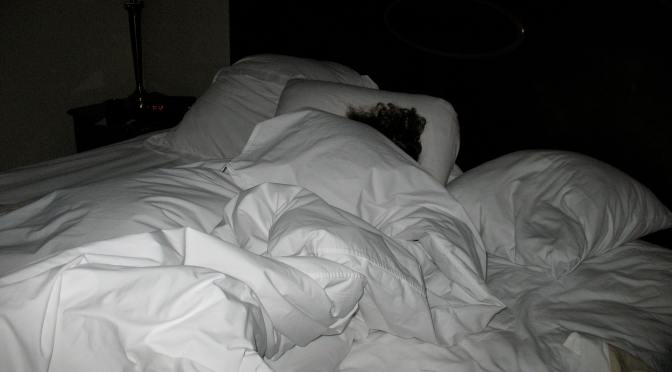The Whirlpool
Kate Henderson
Dickie’s teeth click when he eats. I have known for years they are false, but I can remember when I was a little girl and thought they’d come loose with age. Only his chewing interrupts the questions. What are you going to do now? Why don’t you finish university? His eyes are earnest. They bulge from his head, his head bobs up and down. It is hard to pay attention to the words, so I shrug at what I think are appropriate intervals.
“I guess you just have itchy feet.” He sighs, shakes his head, scoops up another spoonful of ice cream.
The conversation takes on a more general tone. The kids he teaches at school. Other grandchildren. Unemployment is terrible. Why don’t the kids take trades? I listen, but not closely. I let my eyes wander to familiar objects in the room I know so well. I remember Christmas dinners, when the Virgin Mary smiling down from above the cutlery box seemed less peculiar, when the table, filled with family, seemed less long. My eyes come back to Dickie; he is still talking. He is greyer now, his hearing even worse than I recall. He is retired, and teaches a class in Introductory Engineering at the community college. He is concerned for his students who are reluctant to settle down and work for a union. Instead they collect unemployment. He calls it “the dole.”
GrandEm fidgets at the other end of the table. We call her GrandEm because her name is Emma, and she says she was too young for Grandma when we were born. Her breathing is audible.
“You were far too young, Anne,” she interrupts suddenly. Continue reading The Whirlpool

















